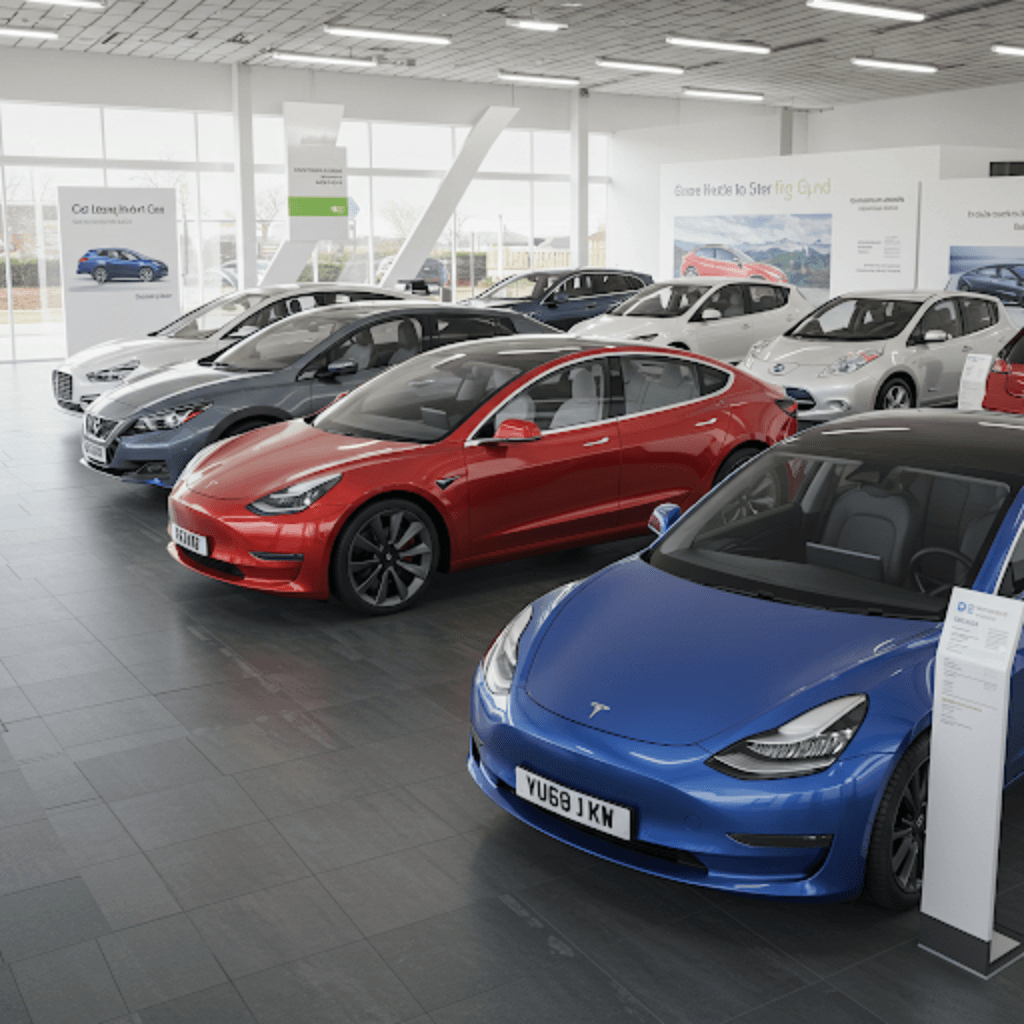
The Ultimate Guide to Snagging a Deal on Electric Cars in the UK
The electric car revolution is well and truly underway in the UK. With growing concerns about climate change, rising fuel costs, and government incentives, more and more Brits are making the switch to electric vehicles (EVs). But let’s be honest, EVs can still be a significant investment. That’s where this guide comes in. We’ll delve into the world of discounts, promotions, and savvy shopping strategies to help you secure the best possible deal on your dream electric car.
Understanding the EV Market in the UK
Before diving into discounts, it’s crucial to understand the current landscape. The UK government is actively promoting EV adoption through various schemes, and manufacturers are constantly launching new models with improved range and features. This competitive market creates opportunities for savvy buyers to find excellent deals.
Government Grants and Incentives
One of the most significant ways to save money on an EV is through government grants. While the Plug-in Car Grant (PiCG) for private buyers was discontinued, there are still grants available. Check your local council, their website usually provide accurate information.
Remember to check for any changes in government policy, as incentives can be updated or withdrawn.
Manufacturer Discounts and Promotions
Car manufacturers frequently offer discounts and promotions on their electric models. These can take various forms:
- Manufacturer Contributions: These are direct discounts offered by the manufacturer, often advertised as a “contribution” towards your deposit.
- Finance Offers: Look out for low APR (Annual Percentage Rate) finance deals or 0% finance offers. These can significantly reduce the overall cost of ownership.
- Special Editions: Sometimes, manufacturers release special edition models with added features and a discounted price tag.

- Pre-Registered Cars: Dealerships often register cars to meet sales targets. These “pre-reg” cars are technically used but have minimal mileage and are sold at a substantial discount.
- Ex-Demonstrator cars: Dealerships have cars for client testing, these usually have low mileage and sell at a good discount.
Dealer Discounts and Negotiation
Don’t be afraid to haggle! Dealerships have targets to meet and are often willing to negotiate, especially towards the end of the month or quarter. Research the market value of the car you’re interested in and be prepared to walk away if the dealer doesn’t meet your price. A little bit of confidence and research can save you a significant amount.
Timing is Everything: When to Buy
The timing of your purchase can significantly impact the price you pay. Consider these factors:
- End of the Month/Quarter/Year: Salespeople are more likely to offer discounts to meet their targets at these times.
- Model Year Changeover: When a new model year is released, dealerships are keen to clear out older stock, often at reduced prices.
- New Model Launches: The arrival of a brand-new model can sometimes lead to discounts on existing models.
Online Car Brokers and Leasing Options
Online car brokers can often secure better deals than individual buyers by leveraging their bulk-buying power. They negotiate directly with dealerships on your behalf and can save you time and money. Leasing is another option to consider. While you won’t own the car, leasing can offer lower monthly payments and often includes maintenance packages.
Salary Sacrifice schemes
Check if your employer participates in a salary sacrifice scheme for electric cars. This allows you to pay for the car from your gross salary, saving on income tax and National Insurance contributions. It’s a hugely tax-efficient way to drive an EV.
Hidden Costs to Consider
While focusing on discounts is essential, remember to factor in other costs:
- Insurance: EV insurance can sometimes be higher than for petrol or diesel cars, although this gap is narrowing. Shop around for quotes.
- Home Charger Installation: If you want to charge your car at home, you’ll likely need to install a dedicated charger. Factor in the cost of the unit and installation.
- Servicing and Maintenance: While EVs generally have lower maintenance costs than petrol or diesel cars, there are still servicing requirements. Check the manufacturer’s recommended service schedule and costs.
- Road Tax (VED):Currently, fully electric vehicles are exempt from road tax.
Making the Most of Your EV Purchase
Buying an electric car is a significant decision, but it doesn’t have to break the bank. By understanding the available grants, researching manufacturer offers, negotiating with dealers, and considering alternative purchasing options like leasing or online brokers, you can significantly reduce the cost. Remember to factor in the long-term savings on fuel, maintenance, and road tax, which can make EV ownership more affordable than you might think. With careful planning and a bit of savvy shopping, you can join the electric revolution without paying a premium.
Embrace the future of driving, enjoy the benefits of zero-emission motoring, and feel good about contributing to a greener planet – all while securing a fantastic deal on your new electric car.







